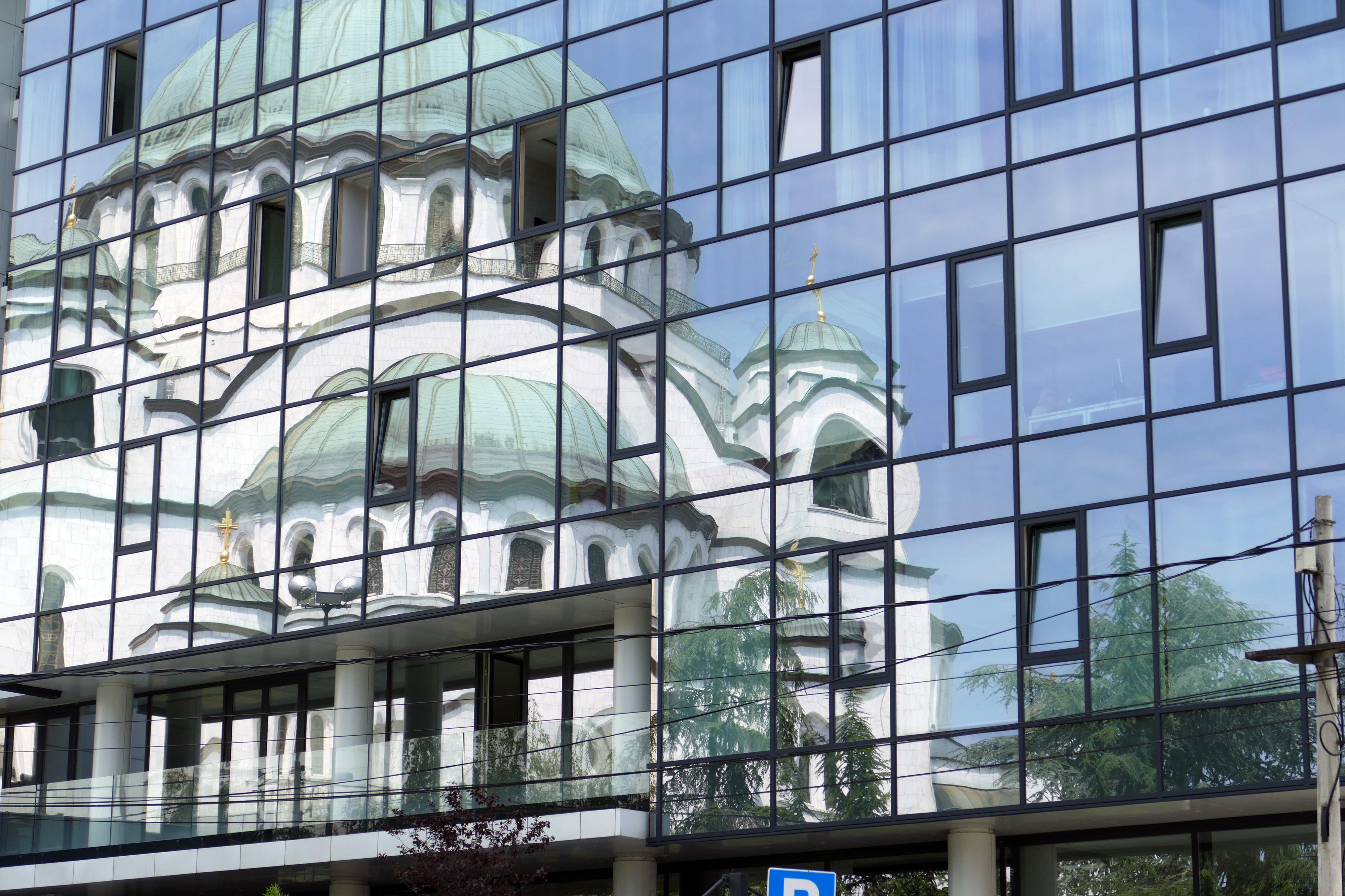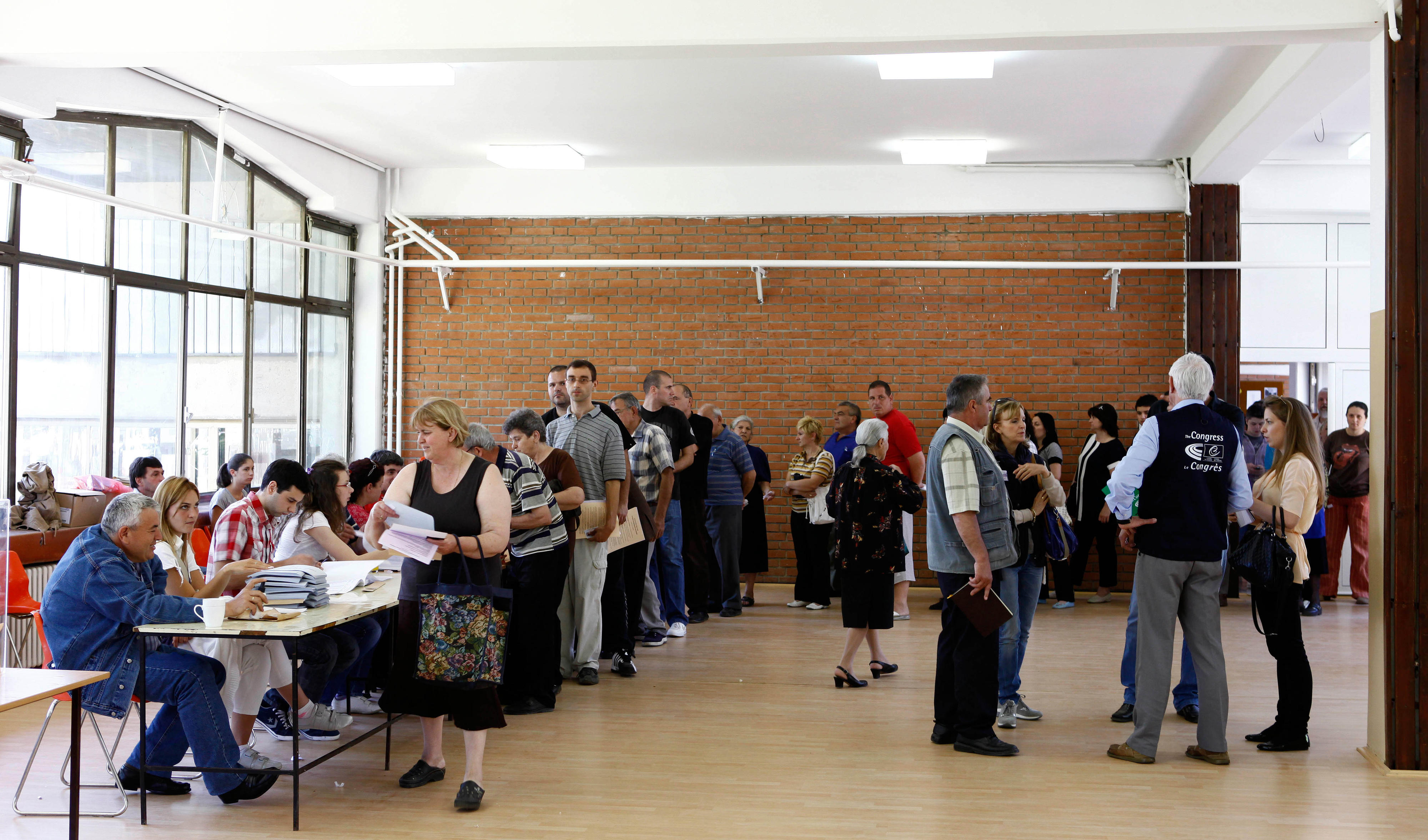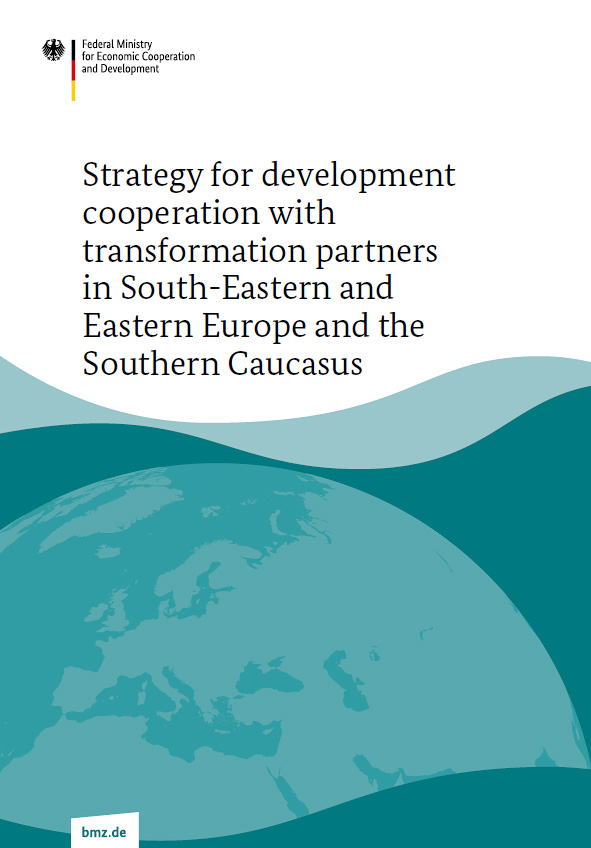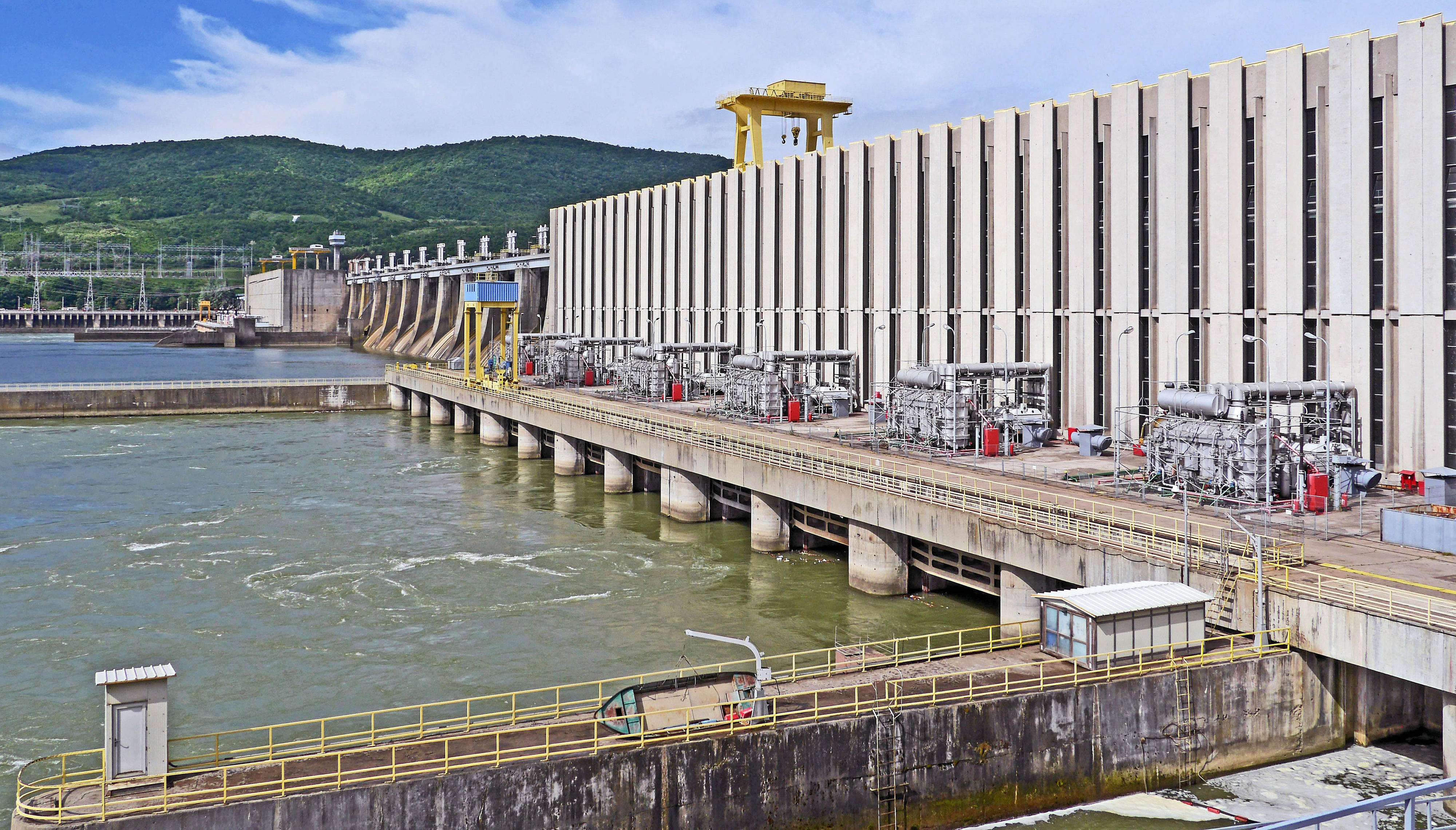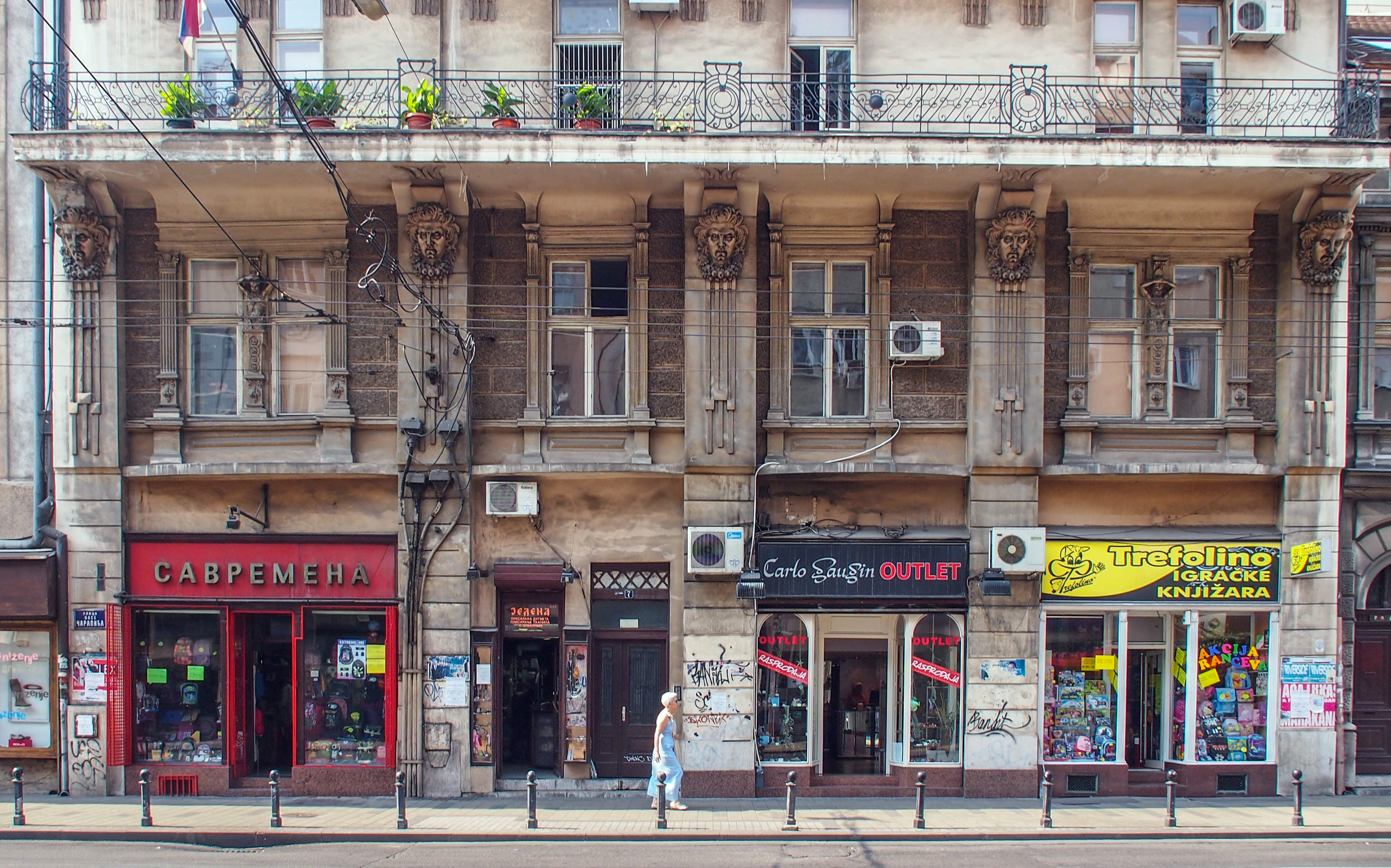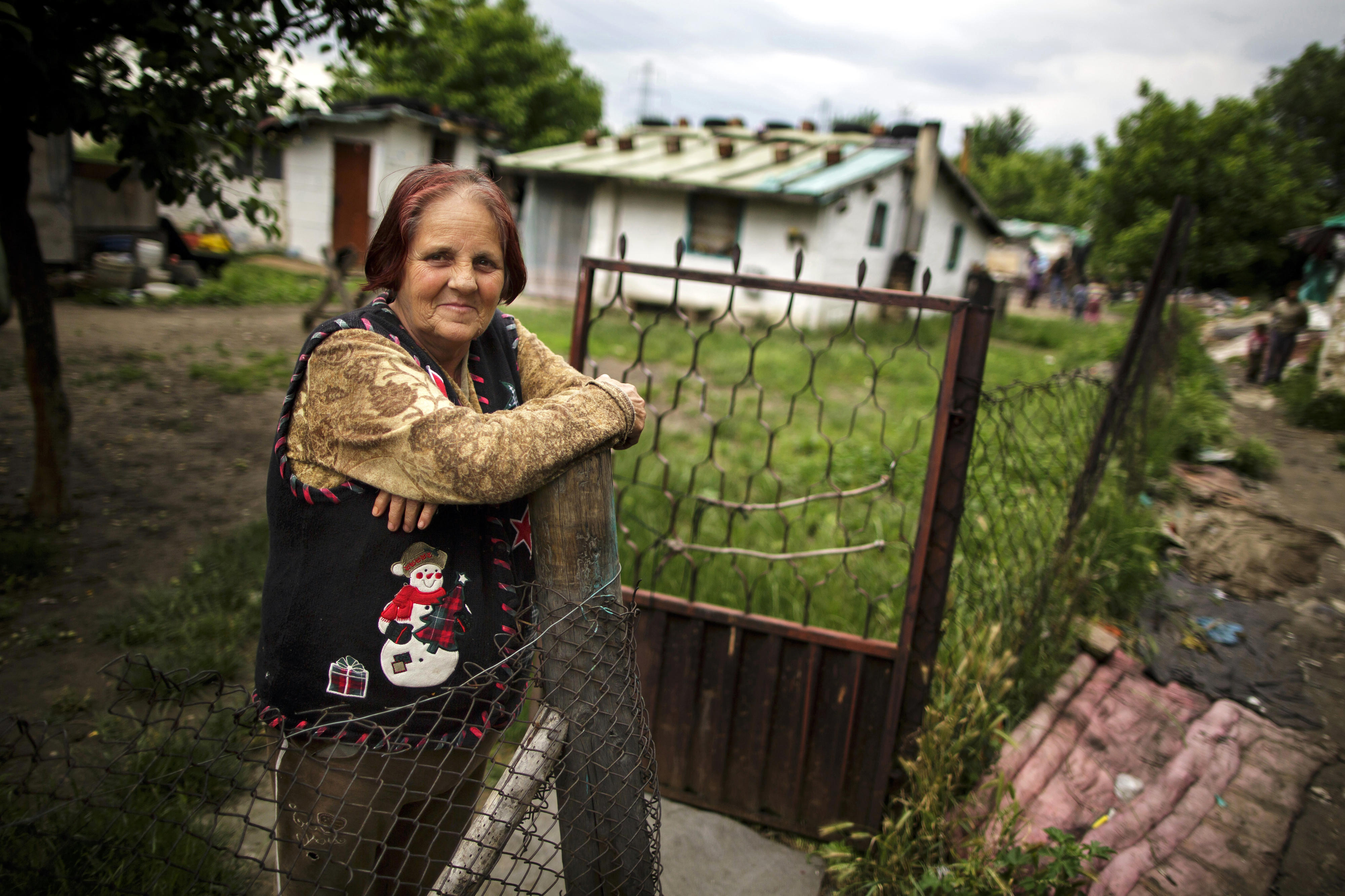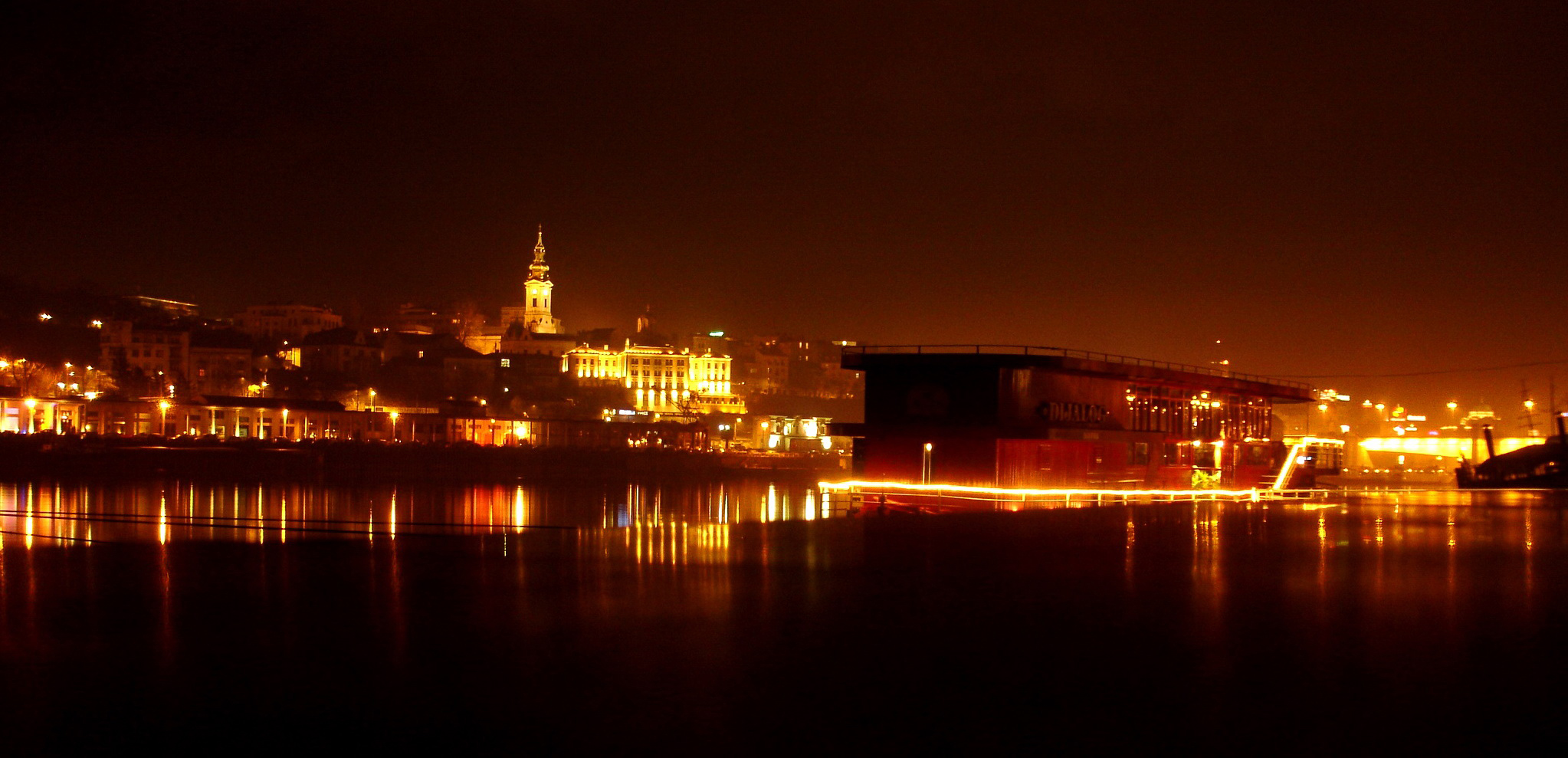Serbia
Since 2000, the country has been going through a process of transformation towards a market-oriented democracy. The Serbian government is facing complex political, social and economic challenges. They include shortcomings with regard to the rule of law, as yet inadequate implementation of the Paris Agreement, widespread poverty, which is particularly common among disadvantaged groups, and brain drain.
In January 2014, the EU and Serbia entered into accession negotiations. The precondition for this had been the conclusion of an agreement on the normalisation of relations between Serbia and Kosovo in 2013. These relations are the biggest challenge for Serbia's process of accession to the EU. While many countries, including Germany, have recognised Kosovo's independence, Serbia continues to refuse to do so.
German development cooperation with Serbia
Serbia plays a key role in ensuring political stability in South-Eastern Europe and is an important partner country for German development cooperation in the region.
Since it began in 2000, Germany's cooperation with Serbia has undergone a gradual change. Whereas, after the wars in the region, the main emphasis was initially on emergency aid, cooperation now pursues the overarching goal of assisting Serbia in preparing for EU integration, especially in the field of climate policy.
Cooperation focuses on the following core areas:
- Climate and energy, just transition
- Sustainable economic development, training and employment
At the two countries' government negotiations in November 2024, Germany committed a total of 208.4 million euros. Of this sum, 188 million euros was allocated to Financial Cooperation projects and 20.4 million euros to Technical Cooperation projects.
In 2021, the two countries agreed to enter into a climate partnership. The partnership is intended to assist the country in drafting and implementing its climate policy in line with the goals of the international climate agreements and with the commitments that are part of the EU accession process.
Activities focus on the key issues addressed by Serbian-German cooperation:
- Help to decarbonise the energy sector through increased use of renewable energy (including “green hydrogen”) and better energy efficiency, and assist Serbia in pursuing a Just Transition and developing scenarios for phasing out coal
- Foster the transformation towards a green economy, with a focus on green jobs and circular economy
- Support climate-friendly and climate-resilient, resource-friendly urban development
Serbia made a commitment to become climate neutral by 2050 along with the EU.
In order to foster good governance – a key prerequisite for EU accession –, Germany and Serbia also work together in Technical Cooperation projects in the following further fields: administrative reform, public financial management, efforts to strengthen the rule of law, improvement of social services, and the inclusion of disadvantaged population groups.
SDG trends for Serbia
- On track or maintaining SDG achievement
- Moderately improving
- Stagnating
- Decreasing
- Trend information unavailable
